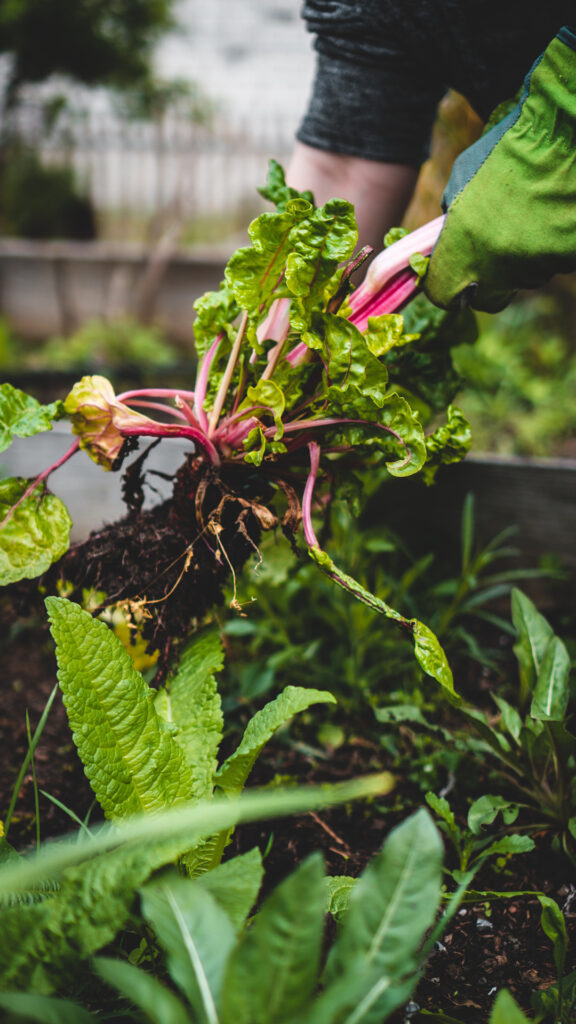La agricultura urbana es una práctica que consiste en cultivar alimentos y plantas en áreas urbanas, como jardines, terrazas, balcones, patios, parques y otros espacios disponibles dentro de las ciudades. Este tipo de agricultura puede ser realizada por individuos, comunidades, organizaciones y empresas.
En Agrak queremos ayudar al agricultor en todo momento, y aunque nuestro software está orientado a la gestión de cosechas, también queremos ayudarles a conocer las tendencias actuales en nuestro sector, como se puede tratar de la agricultura urbana.
La agricultura urbana se ha convertido en una forma popular y sostenible de producir alimentos frescos y saludables en áreas urbanas, lo que puede contribuir a mejorar la seguridad alimentaria de las ciudades y reducir su huella de carbono. Además, también puede tener beneficios para la salud mental y física de las personas que participan en ella, y puede fomentar la creación de comunidades más unidas y conscientes del medio ambiente.

Entre las formas de agricultura urbana se incluyen huertos comunitarios, jardines verticales, cultivos en macetas, sistemas hidropónicos y otros métodos innovadores que pueden adaptarse a las limitaciones de espacio y recursos de las zonas urbanas. En Agrak nos encanta esta forma de cultivo, pues no interfiere con las grandes cosechas y fomenta la pasión por el campo que todos compartimos.
La agricultura urbana puede tener tanto efectos positivos como negativos en los agricultores, dependiendo del contexto y de cómo se implemente. A continuación, desde Agrak te queremos contar algunos de los posibles impactos:
En general, la agricultura urbana puede tener un impacto positivo en los agricultores si se lleva a cabo de manera planificada y sostenible, y si se establecen mecanismos para apoyar a los agricultores locales.
Desde Agrak trabajamos constantemente para mantenerte al día de las tendencias en nuestro sector y también para cuidar de ti y de tu cosecha. ¿Conocías ya esta forma de cultivo? ¿Qué opinas de la agricultura urbana?
Nuestro equipo comercial te contactará para elegir el mejor plan según tus necesidades.